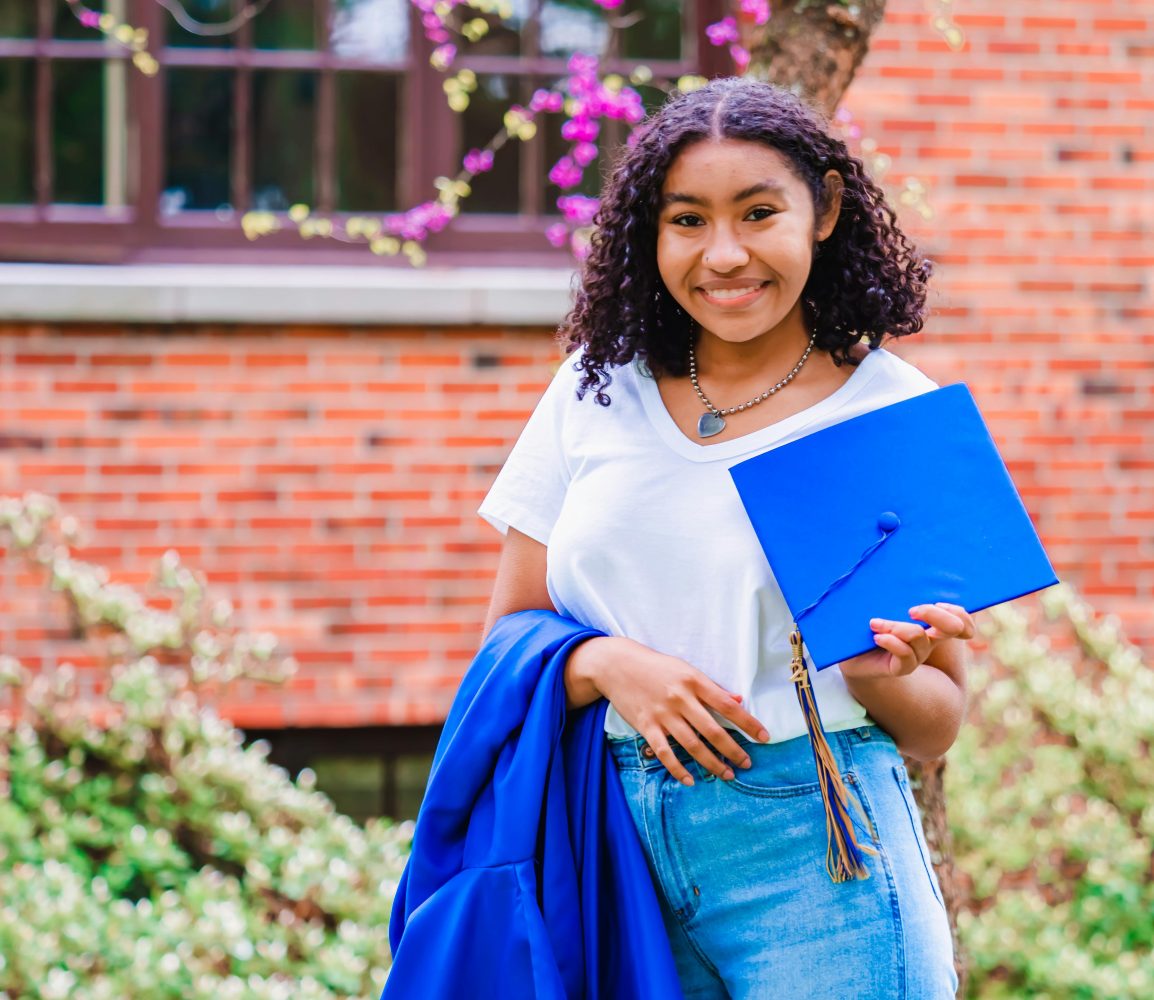The Importance of Education
“A child without education is like a bird without wings.” – Tibetan Proverb
A successful future depends on strong education. Without knowledge, people limit themselves and cannot take advantage of opportunities. For example, careers in health, finance, and services all require study and training. As a result, learning provides a foundation that improves employment opportunities and living conditions for both individuals and their communities.
Education as Empowerment
Learning is also a source of empowerment. It fosters critical thinking, creativity, communication, and collaboration—skills needed for both personal and professional growth. Moreover, the Right to Education organization emphasizes that education develops human potential, ensures dignity, and promotes well-being. In addition, educated individuals gain awareness of their rights and civic responsibilities, helping them protect themselves and contribute to society.
Building Skills and Confidence
Education further strengthens confidence and self-determination. Knowledge of science, math, history, and literature equips people to direct their own lives. In the same way, financial literacy enables them to manage money wisely, while health and nutrition knowledge helps families make better lifestyle choices. For instance, the World Bank (2018) found that each additional year of education increases personal earnings by about 10 percent.
Education as a Social Equalizer
Beyond personal growth, education acts as a powerful social equalizer. It allows individuals to rise above the limits of birth and background. In disadvantaged areas, access to learning can break the cycle of poverty by opening paths to employment and community involvement. Furthermore, educated citizens are better equipped to make political decisions that benefit society as a whole.
Fostering Empathy and Global Awareness
Education also builds empathy and global awareness. Through exposure to diverse perspectives in literature, social sciences, and cultural studies, people gain tolerance and understanding. These qualities are crucial today, since global challenges require collaboration across borders and cultures. Therefore, education not only helps individuals survive but also enables humanity to advance.
The Path to a Better Future
Ultimately, education is the cornerstone of progress. It provides knowledge, develops essential life skills, and empowers people to create lasting change. As Nelson Mandela once said, “Education is the most powerful weapon which you can use to change the world.” Investing in education benefits not only individuals but also entire societies, paving the way for equality, peace, and prosperity.
Resources
https://www.unesco.org/en/education
https://www.worldbank.org/en/topic/education/overview
https://www.right-to-education.org/page/understanding-education-right

